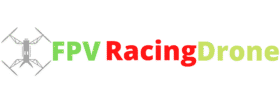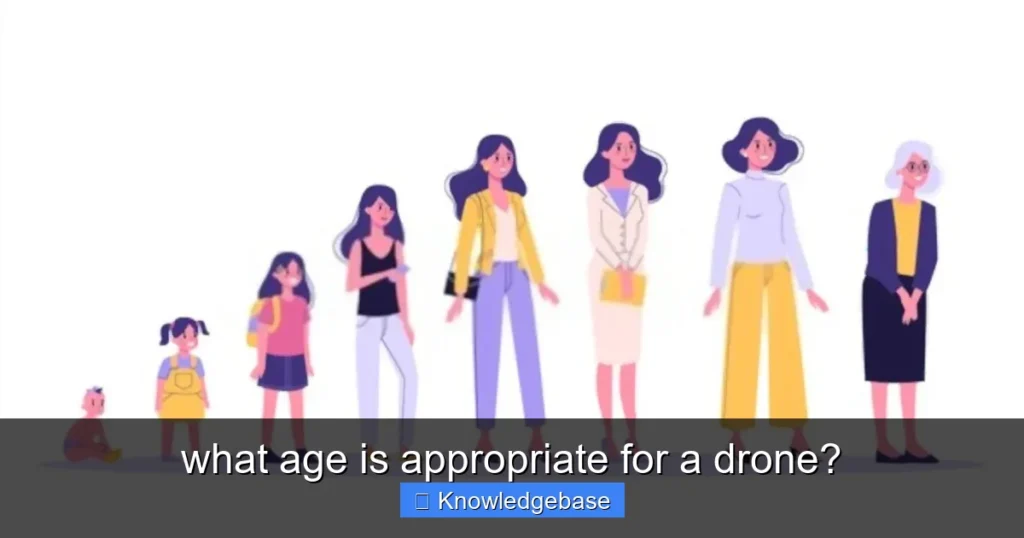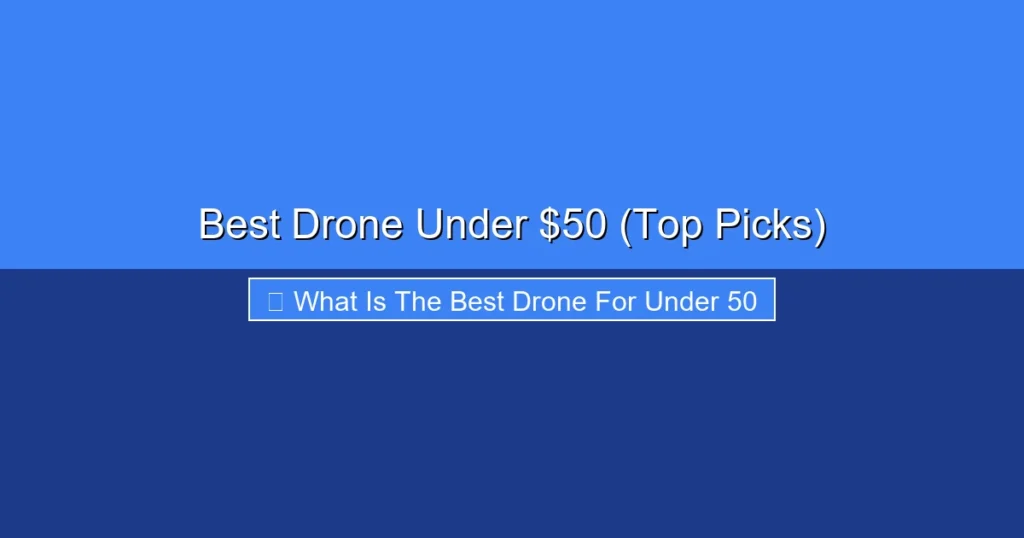
Featured image for this comprehensive guide about do i need a drone license?
This is a comprehensive guide about do i need a drone license?.
Quick Answers to Common Questions
What is do i need a drone license??
do i need a drone license? refers to essential knowledge and techniques that can significantly improve your understanding and results.
Why is do i need a drone license? important?
Mastering do i need a drone license? provides practical benefits and helps you achieve better outcomes in various situations.
How does do i need a drone license? work?
do i need a drone license? involves specific methods and approaches that deliver effective results when applied correctly.
When should I use do i need a drone license??
You can apply do i need a drone license? techniques whenever you need to improve your approach or achieve better results.
What are the benefits of do i need a drone license??
Learning do i need a drone license? offers numerous advantages including improved efficiency, better results, and practical applications.
🎥 Related Video: How to Get Your Drone License (and Become an FAA-Certified Drone Pilot)
📺 UAV Coach
In this video, we’ll walk through how to get your FAA Part 107 Remote Pilot Certificate to fly your drone for commercial use in the …
Frequently Asked Questions
What is do i need a drone license??
do i need a drone license? is an important topic with many practical applications and benefits.
How can do i need a drone license? help me?
Understanding do i need a drone license? can improve your knowledge and provide practical solutions.



